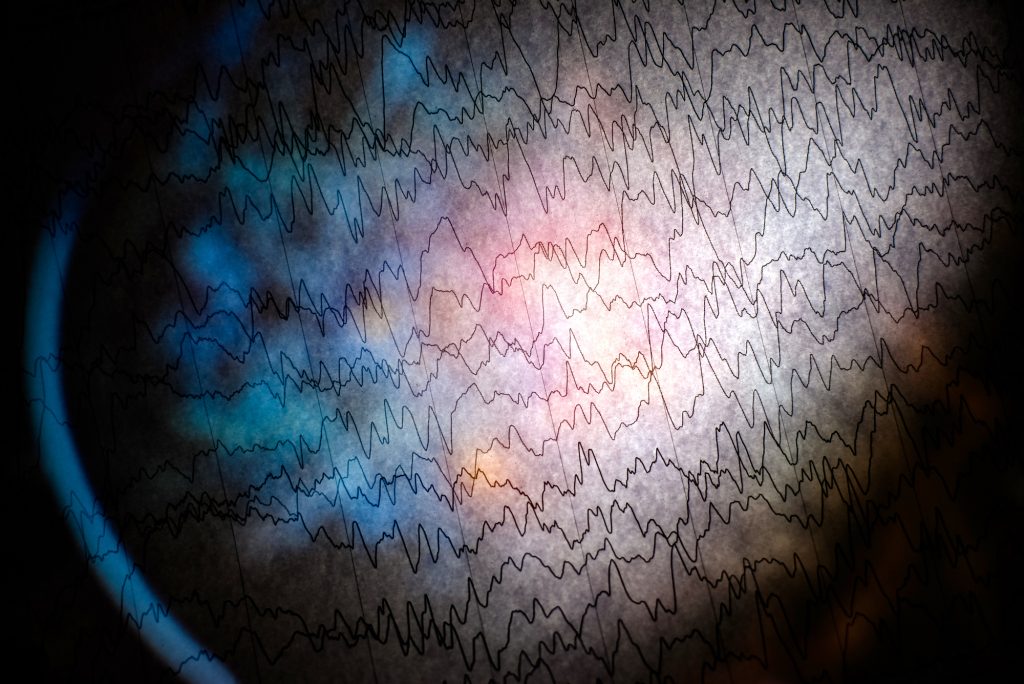A short introduction
Asher Walden received his BA in Philosophy from the University of Chicago and his PhD in Theology from Drew University. His dissertation was a comparative analysis of the moral metaphysics of Schopenhauer and the Neo-Confucian philosopher Zhu Xi. He has published a few scholarly articles and one monograph on comparative themes, and is currently exploring Josiah Royce, and anyone else who can help elucidate the specifically moral implications of the Mind-Only view. Asher taught undergraduate philosophy and religions courses for over ten years, and is currently working in the applied sciences. He lives in the Raleigh-Durham area with his family and some bunnies.Publications:
Let us build the future of our culture together
Essentia Foundation is a registered non-profit committed to making its content as accessible as possible. Therefore, we depend on contributions from people like you to continue to do our work. There are many ways to contribute.











